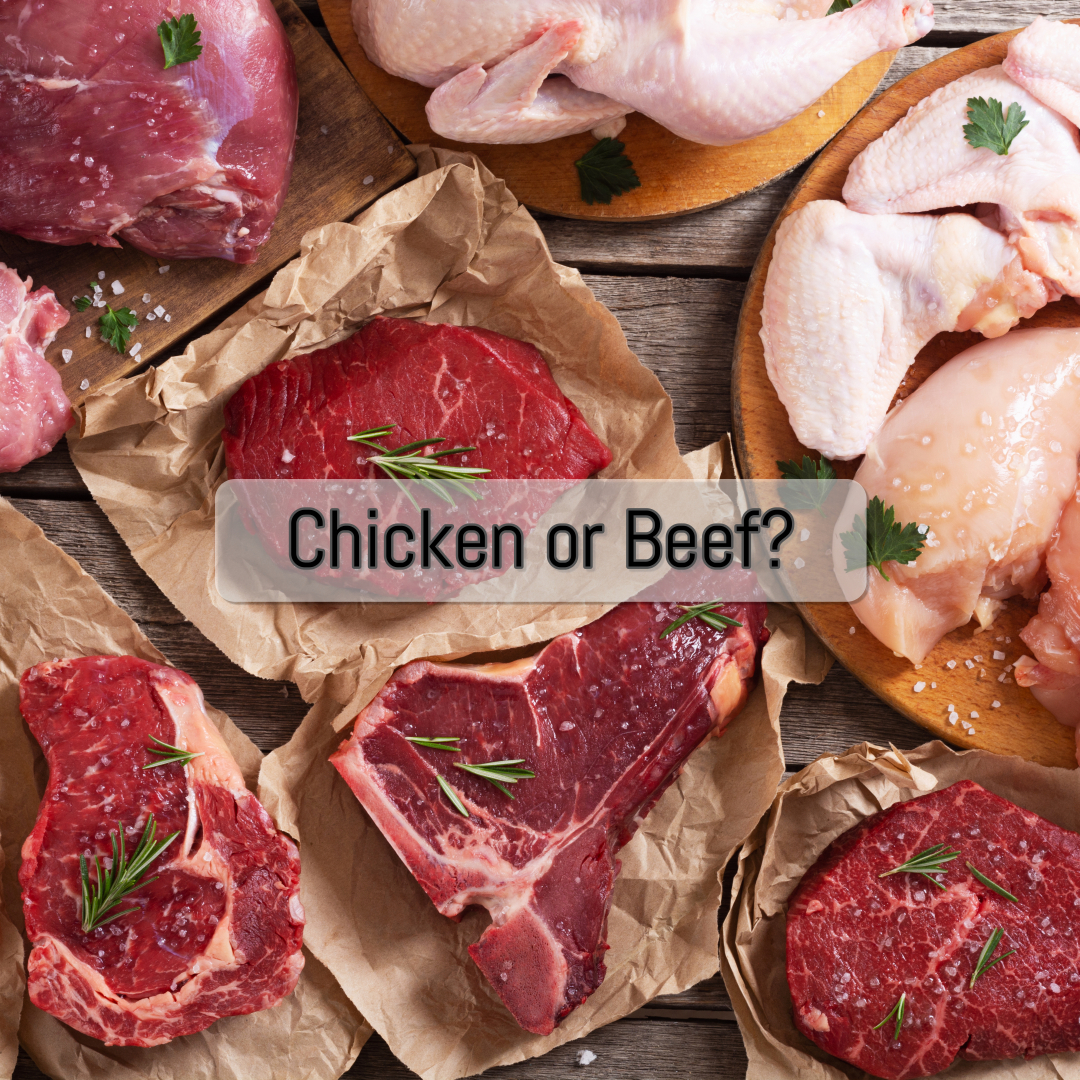Why Beef Is Better for You Than Chicken
When it comes to choosing between beef and chicken, most people assume chicken is the healthier option. However, beef—especially when sourced from grass-fed or lean cuts—offers several nutritional advantages that make it a better choice for many people.
First and foremost, beef is significantly richer in essential nutrients. It contains higher levels of iron, particularly heme iron, which is more easily absorbed by the body than the non-heme iron found in chicken or plant sources. This makes beef a better option for those prone to anemia or fatigue. Beef also provides more vitamin B12, zinc, and creatine, all of which play critical roles in energy metabolism, immune function, and muscle growth.
In terms of protein quality, both beef and chicken are complete proteins, but beef contains a higher concentration of bioavailable amino acids. This makes it especially beneficial for athletes or those trying to build or maintain muscle mass.
Another key advantage is healthy fat content. While chicken breast is lower in fat overall, beef (particularly grass-fed) contains more omega-3 fatty acids and conjugated linoleic acid (CLA), which have been linked to improved heart health, reduced inflammation, and fat metabolism.
Moreover, beef tends to be less processed in modern diets. Many popular chicken products are breaded, fried, or heavily seasoned with additives and preservatives, whereas lean beef is often consumed in a more whole-food form.
Of course, moderation and sourcing matter. Opt for lean cuts like sirloin or tenderloin and choose grass-fed, organic beef when possible.
In conclusion, while chicken can still be part of a healthy diet, beef offers superior nutritional density, especially when you’re looking for strength, stamina, and long-term health benefits.

